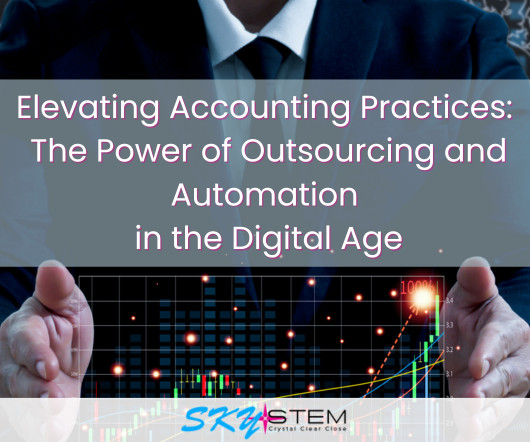When to Invest in Your Own Business’s Growth
Nolan Accounting Center
JULY 15, 2023
When you own your own business, there are lots of things to think about and decisions that must be made. One of these major decisions is when you should invest in your own business’s growth. Often, there are valid reasons for both sides of the argument- it all comes down to your personal thoughts and situation. Nolan Accounting works with small businesses around Southeast Wisconsin.

























Let's personalize your content